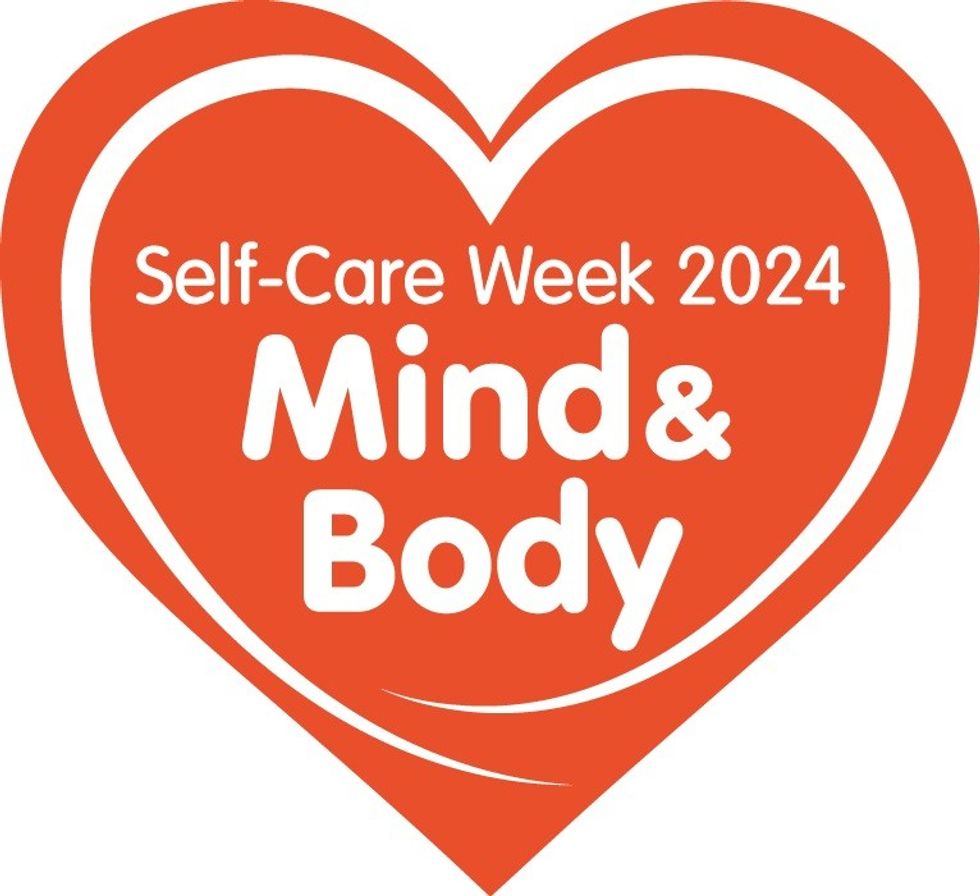Increasing the use of self-care and the easy-to-access expertise of high street pharmacies could save the NHS £1.7 billion a year
As winter approaches, healthcare experts are urging the public to support the NHS by embracing self-care and turning to pharmacies for minor ailments and injuries to help ease the strain on the healthcare system.
New research from PAGB, the consumer healthcare association, has revealed that nearly a quarter of Brits still don’t consider self-care as a first option for easy-to-treat conditions.
The research found that many younger adults lack the confidence in self-care that older adults possess.
About 23 per cent of those aged 25 to 34 admitted they would seek a GP appointment for minor ailment or injury they could treat themselves, compared to just nine per cent of those aged 65 or older.
For common conditions, 56 per cent visit their GP for a UTI, 27 per cent for thrush, 20 per cent for acne and 20 per cent for conjunctivitis.
Michelle Riddalls, CEO of PAGB, emphasised that while awareness of the benefits of self-care, for both consumers and the health service, has increased as a result of educational outreach and activities such as Self-Care Week (18th-24th November 2024), there is still significant room for improvement.
The PAGB data shows that only 18 per cent of people could recall seeing a news story or campaign promoting self-care in the previous year, though this rises to 29per cent for young adults (ages 18-24).
Interestingly, 72 per cent of respondents said they were more likely to self-care after seeing news coverage or campaigns, with this number rising to 79 per cent among the youngest demographic.
“The findings prove the power of awareness campaigns to deliver real change,” Riddalls noted.
With many struggling to access GP services, long wait times and corridor care now becoming the norm in A&E departments, she stressed the urgent need to focus on increasing awareness about self-care.
Self-care can cut NHS costs significantly
Research by Frontier Economics, commissioned by PAGB, has estimated that increased use of self-care and the easy-to-access expertise of high street pharmacies could save the NHS at least £1.7 billion a year in avoidable appointments and prescription costs.
Self-care for women’s health issues
The PAGB research also highlights challenges women face in accessing care for conditions like period pain and menopause symptoms.
Over half of women experiencing menopause symptoms and period pain reported difficulties in securing a GP appointment in the 2024 PAGB Self-Care Census.
Riddalls pointed out that such challenges are often dismissed as “an inevitable part of being a woman”, despite the National Institute of Health and Care Excellence acknowledging that as many as half of those who experience primary dysmenorrhea (severe menstrual cramps and pain) miss at least one day of work or school each month.
Mark Burdon, a pharmacist and advisor to PAGB, encourages women facing these issues to speak to a pharmacist.
“These highly trained experts can provide advice on over-the-counter therapies and medicines which might help, and in some cases, they may refer you to another health service of professional,” he added.
On a positive note, the 2024 PAGB Self-Care Census found that 69 per cent of women felt they could access the necessary information for self-care on common women’s health issues like thrush, UTIs, and period pain.
Many relied on trusted sources, such as the NHS website (68 per cent) , GP surgeries (43 per cent), and pharmacists (38 per cent) for health information.
Role of pharmacies in promoting self-care
Initiatives like Pharmacy First are designed to make the most of the expertise and ease-of-access that high street pharmacies provide.
But Riddalls stressed that more needs to be done to highlight “the role these high street heroes can play in empowering patients to take more ownership of their healthcare and easing pressure on the NHS.”
“The appetite and consumer willingness to take a more proactive approach to self-care is there,” Riddalls stated.
In the PAGB survey, three quarters of the adults agreed that everyone should take more responsibility for their health to ease the pressure on the NHS.
The Self Care Forum, which has been organising National Self-Care Week since 2011, is encouraging organisations to empower people to practise self-care for a healthier, happier life.
As the UK celebrates National Self-Care Week, organisations are encouraged to empower people to practise self-care for a healthier, happier life.
The annual awareness week is being organised under the theme “Mind and Body.”



















